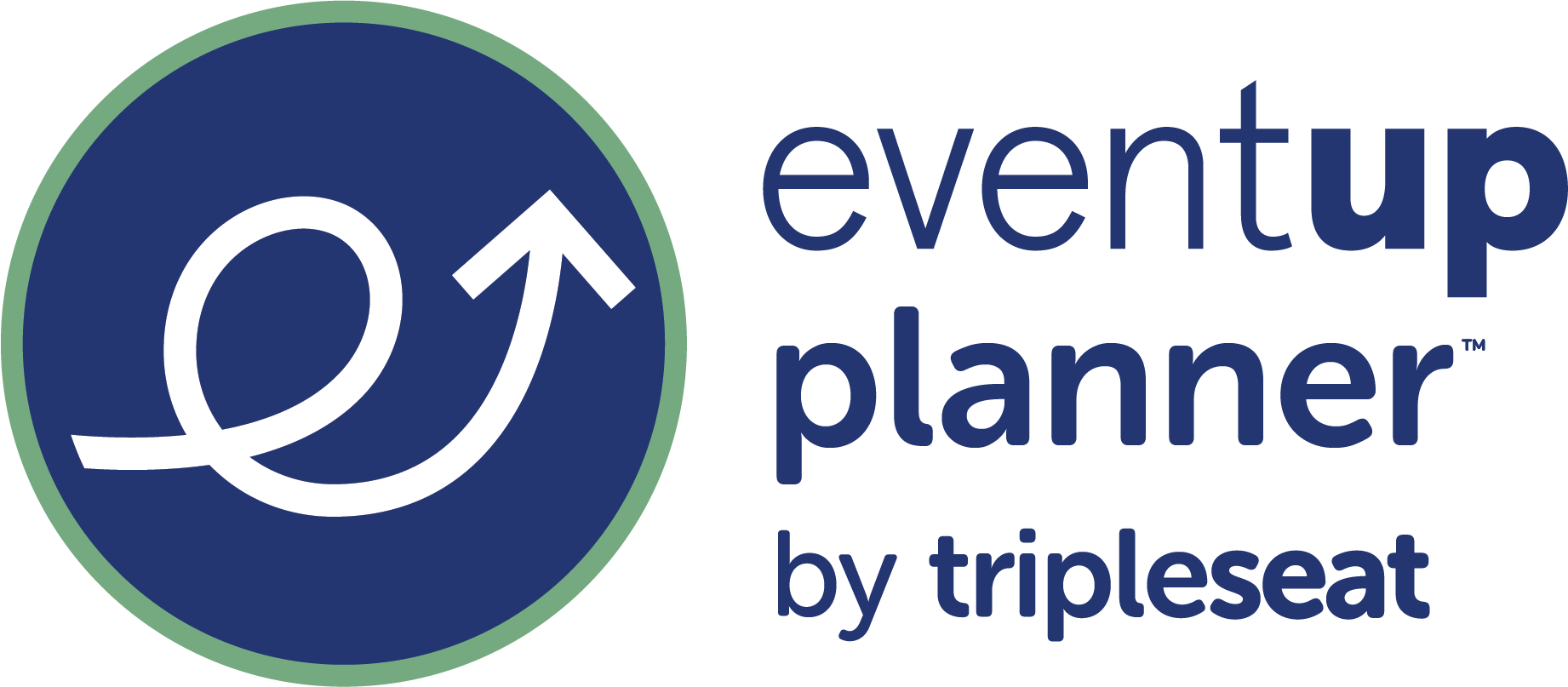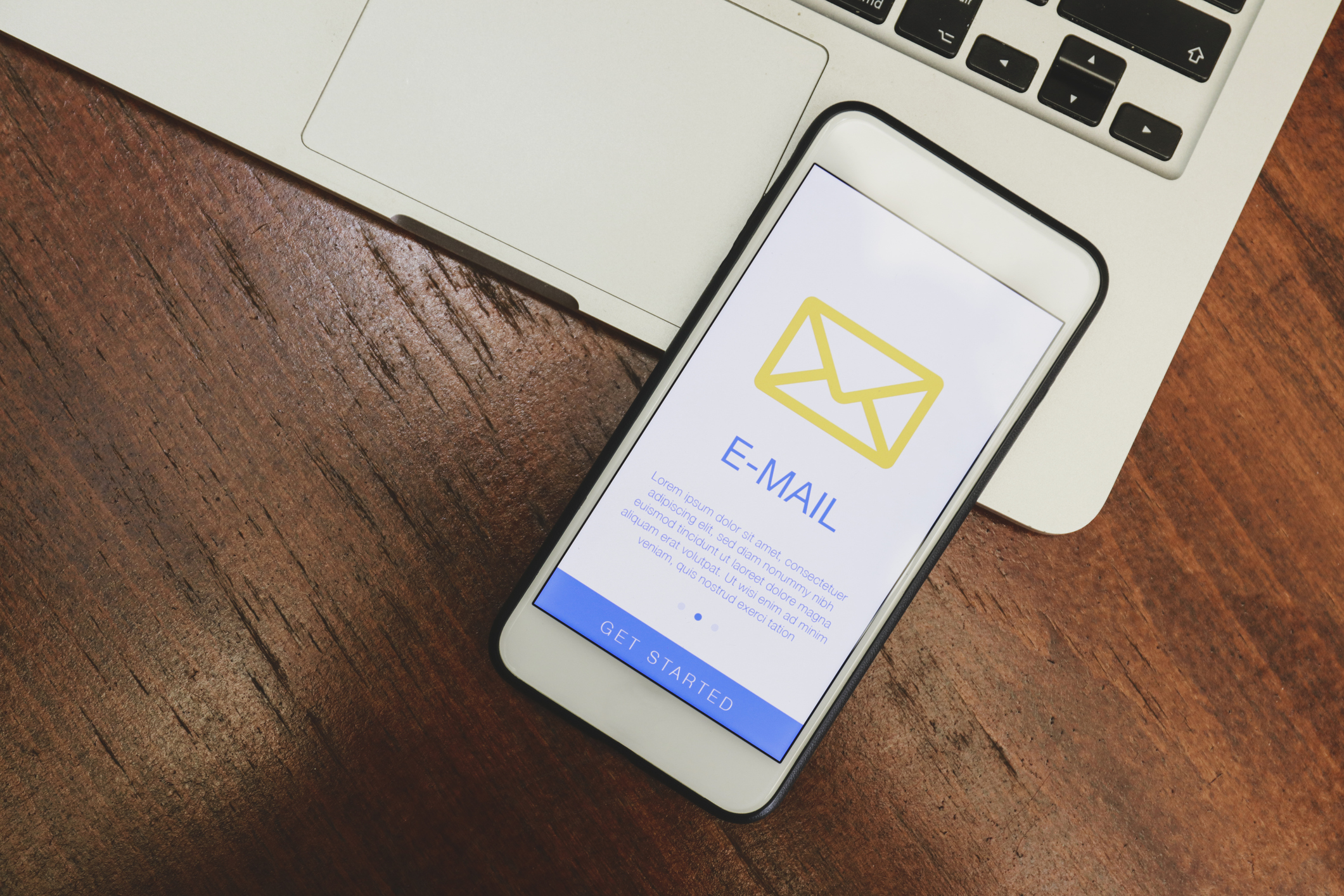Picture this: You’ve just landed your dream role in event planning, and your first major project is right around the corner. The excitement is real, but so is the pressure to deliver a great event. With countless moving parts, deadlines, and stakeholders to manage, where do you even begin?
This is where an event planning workback schedule can help! Whether you’re organizing a corporate conference, a product launch, a holiday party, or a training seminar, this handy tool turns overwhelming project timelines into bite-sized, actionable steps.
Today’s events are more complex than ever. That’s why seasoned planners rely on workback schedules to stay on top of their (growing) to-do lists.
In this article, we’ll walk you through everything you need to know about event workback schedules. Plus, we’ll show you how to skip the learning curve with our ready-to-use template. Let’s dive in!
(Psst, ready to ditch disjointed tools and workflows to work smarter, not harder? EventUp Planner can help.)
What is a Workback Schedule for Events?
Think of an event workback schedule as a GPS for event planners. Instead of starting at the beginning and working forward, you start with your event date and work backwards, mapping out every task that needs to happen along the way.
A workback schedule helps you:
- Plan deadlines that actually make sense
- Assign clear responsibilities to your team
- Track progress in real-time
- Spot potential problems before they become disasters
Here’s why it’s called a “workback” schedule: You begin with your event date (let’s say December 1st) and work backwards to today. Need to order supplies? That goes in 6 weeks before. Sending final attendee communications? That’s 1 week before. Starting venue research? That might be 4 months before.
The beauty of this approach is that it ensures you’re not leaving important tasks until the last minute. Every deadline is set with purpose, giving you and your team plenty of breathing room to deliver an amazing event.
Benefits of Using an Event Workback Schedule
Using a workback schedule transforms your event planning in 3 key areas: time management, team coordination, and risk control.
Time management ⏰
A workback schedule helps you allocate the right amount of time for each task. Marketing emails need multiple rounds of review? Your schedule accounts for that. Venue contracts take weeks to finalize? It’s built into the timeline.
This strategic planning helps you avoid the dreaded last-minute rush and keeps your project running smoothly.
Coordinating with your team 🤝
Clear task ownership means your team always knows who’s responsible for what. Your schedule shows exactly who needs to complete each task and when, making it easy to track progress and identify bottlenecks. Plus, when a team member is out of office, others can quickly see what needs attention.
Risk management 🚨
Spot potential issues weeks or months before they impact your event. A workback schedule reveals task dependencies — like needing final registration numbers before confirming catering orders. This advance warning gives you time to develop backup plans and adjust timelines when needed.
The best part? You don’t need to figure out all these moving pieces on your own! Our event workback schedule template includes built-in activity types that can be customized to your event.
Creating Your Event Planning Workback Schedule
Thinking about creating your own event workback schedule? Here are the top things to keep in mind:
Essential components of your event workback schedule
Every effective workback schedule includes these core elements:
✅ Key milestones. Start with your major deadlines — things like venue confirmation, registration dates, and marketing campaign launches. These become your anchor points for all other tasks.
✅ Task breakdowns. Break large projects into smaller, more manageable tasks. Instead of just “launch registration,” include steps like “set up registration platform,” “create confirmation emails,” and “test registration process.”
✅ Dependencies. Map out which tasks depend on others. For example, you can’t send speaker confirmation emails until you’ve finalized the agenda. Understanding these connections helps prevent scheduling conflicts.
✅ Team assignments. Clearly note who owns each task. This includes both internal team members and external vendors and volunteers, ensuring everyone knows their responsibilities.
Event workback schedule timeline planning
The key to successful timeline planning is working backwards from your event date. Here’s a very basic framework to get you started:
| Timeline | Activities |
| 6+ months before |
|
| 3-6 months before |
|
| 1-3 months before |
|
| Final month |
|
| Final week |
|
Remember: Every event is different, so adjust these timelines based on your event’s size and complexity. To build a complete plan, make sure to download our robust event workback schedule template, which includes customizable timeframes that you can adapt to your specific needs.
Best Practices for Your Event Workback Schedule
Follow these proven strategies to make your workback schedule work harder for you:
Regular updates matter!
Block 15 minutes each morning to review and update your schedule. A workback schedule is only effective when it reflects reality. Add notes about completed tasks, adjust deadlines if needed, and flag any concerns early.
Keep your team connected
Share your workback schedule with everyone involved in your event. Use it during team meetings to guide discussions and track progress. When everyone works from the same timeline, you avoid confusion and duplicated efforts.
Build in buffer time (seriously)
Add extra time for tasks that typically run long or depend on others. If you think something will take two weeks, schedule three. This extra cushion helps absorb unexpected delays without derailing your entire timeline.
Use digital tools to work smarter, not harder
Skip the spreadsheet chaos. Modern event planning software (like EventUp Planner) lets you:
- Update tasks in real-time
- Set automatic reminders
- Track changes and progress
- Access your schedule anywhere
| READ MORE: Ditch Disjointed Tools and Workflows with Event Planning Software |
Adjust as you go
Your workback schedule isn’t set in stone. As you learn more about your event needs, update your timeline. Moving a deadline? Make sure to check for any dependent tasks that might need adjusting, too.
Ready to put these tips into action? Start with our pre-built event workback schedule template. It includes all these best practices — we’ve done the hard work for you.
Download Your Free Event Workback Schedule Template
Events are complicated enough as it is. A well-structured workback schedule helps you work smarter, not harder. 👍
Skip the trial and error of building your own workback schedule from scratch. Our template includes:
- Common activity types
- Customizable deadlines and assignments
- Space for team collaboration
- Status update tracking
Download our free event workback schedule template and start planning smarter today!


